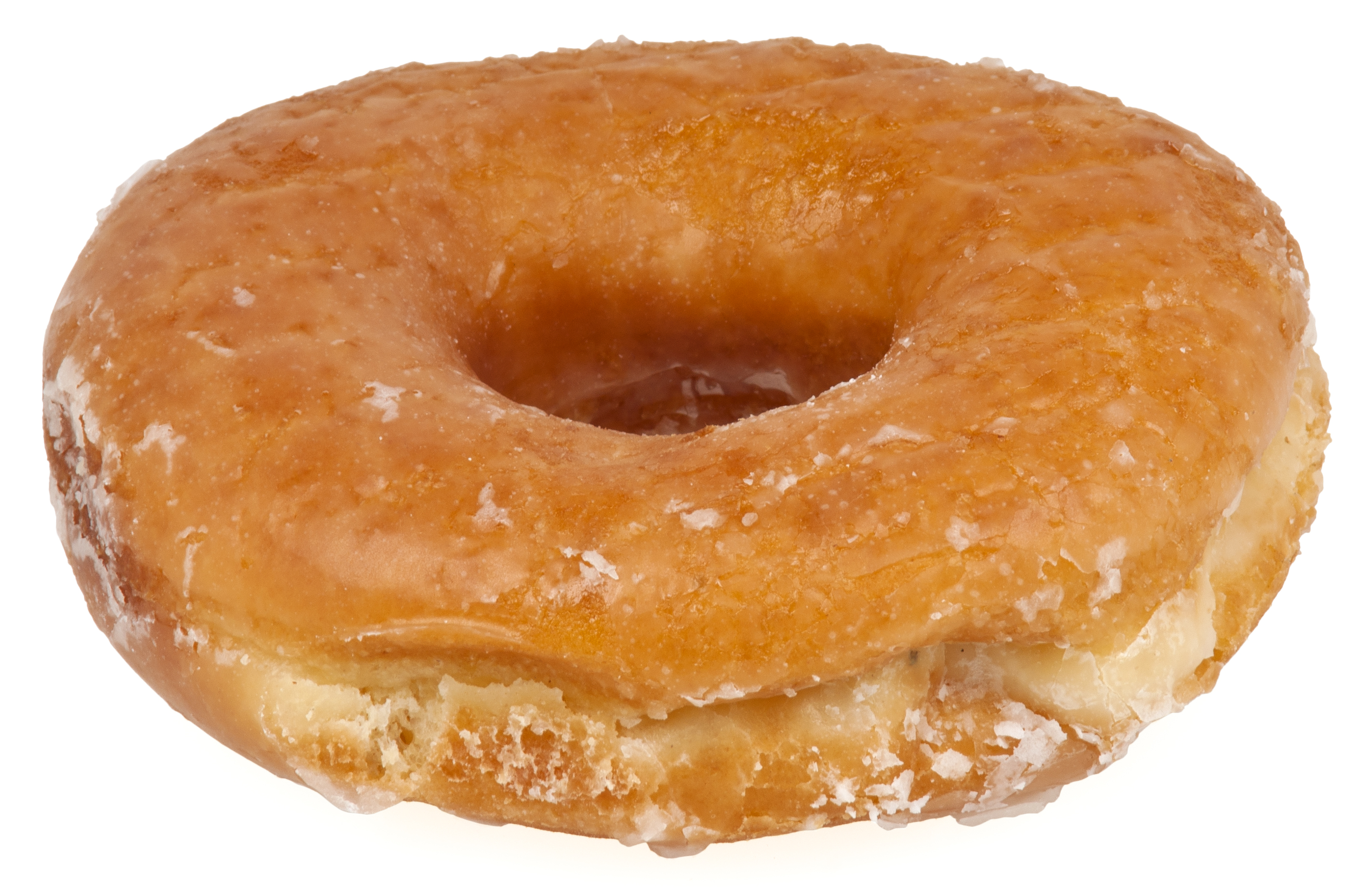A new study out of Brigham Young University found that looking at too many pictures of food caused a decrease in enjoyment of eating those foods. The study broke participants into two groups- one group that viewed pictures of salty foods like peanuts and chips, and French fries, and another group that was shown pictures of sweet foods like cakes and chocolates. Participants were asked to rate each food based on how appetizing it was while viewing the photos. After they were shown the pictures, participants were fed salted peanuts, and asked to rate how they enjoyed eating the peanuts. The findings were as follows:
Results of the experiment showed that the participants who viewed the photos of the salty foods enjoyed the peanuts significantly less, compared with those who viewed the sweet foods, even though they had not viewed pictures of peanuts, just other salty foods.1
The explanation for these results is that overexposure increases a person’s satiation and a decreases the desire for that type of food. The study findings work to emphasize that all senses are important in hunger and satiety, not just taste and smell. One of the lead researchers noted that you have to look at pictures many times to have the satiety effect, and looking at something just a few times will probably not lead to decreased consumption.
My Recommendation: When I ask clients about food preferences, many people say they don’t like something simply because they ate it too many times as a child. Or, you may know someone that has worked at a bakery or another food establishment and doesn’t tend to eat the food there- usually these workers smell, see, and hear about the food all day long and no longer find the food appealing. If one works at a bakery and smells and sees fresh baked donuts for several hours each day, day after day, donuts no longer contain the same appeal as they did when you only got donuts once a year down the shore. If you find that you tend to overindulge in a food or have afternoon candy cravings, try looking at pictures of the food you crave over and over again before eating. If these study findings hold true, you may just end up not being that enthusiastic about eating that piece of candy, or at the very least, you will end up eating fewer pieces!
References:
1. Medical News Today- http://www.medicalnewstoday.com/articles/267044.php
2. Jeffrey S. Larson, Joseph Redden, Ryan S. Elder, 'Satiation from Sensory Simulation: Evaluating Foods Decreases Enjoyment of Similar Foods',Journal of Consumer Psychology, 14 September 2013 DOI: 10.1016/j.jcps.2013.09.001





0 Comments